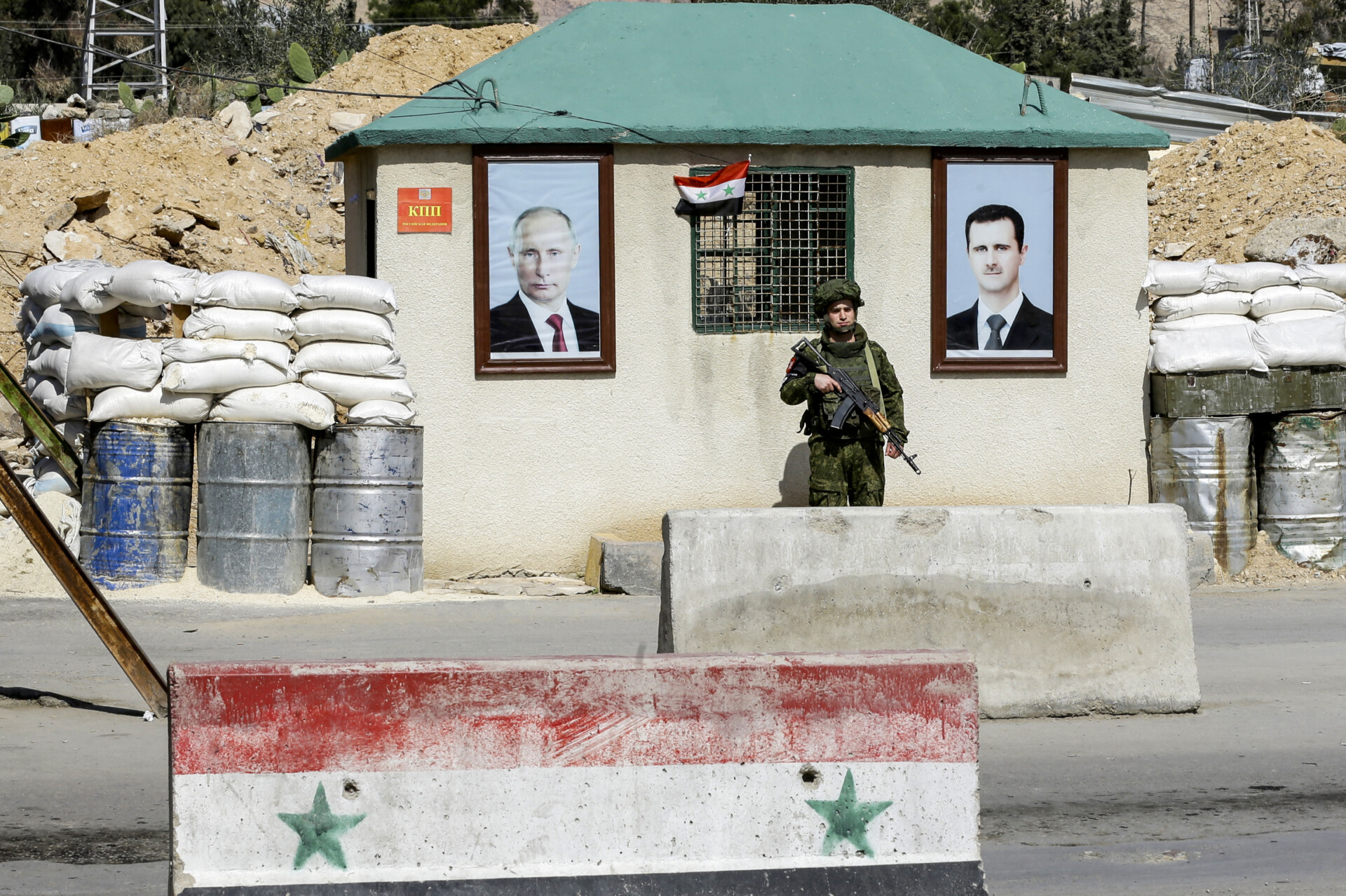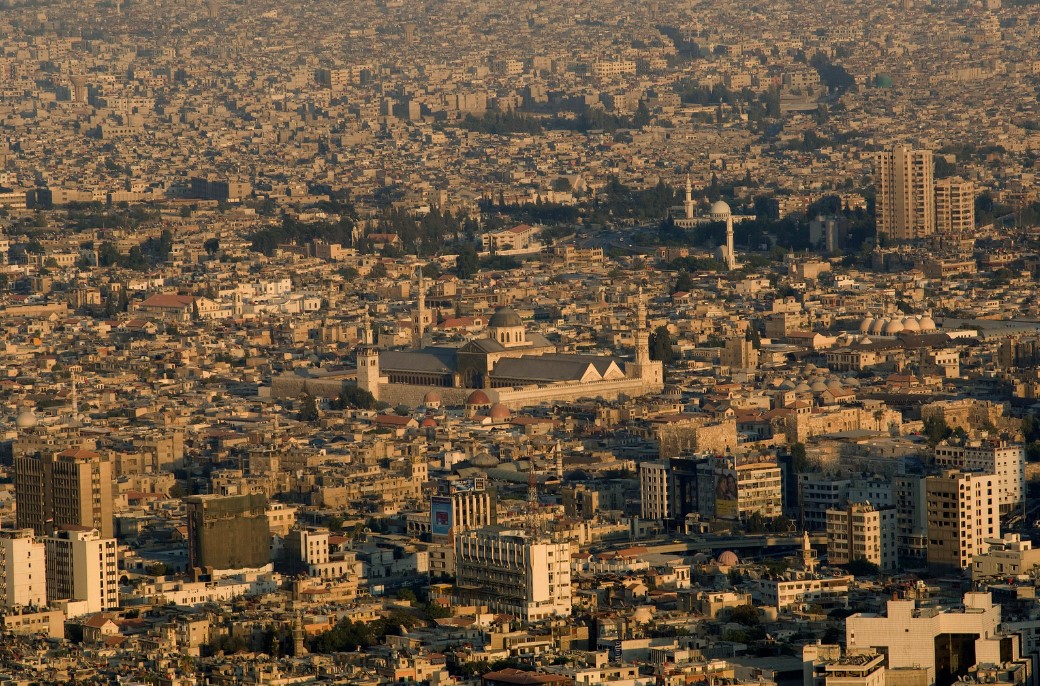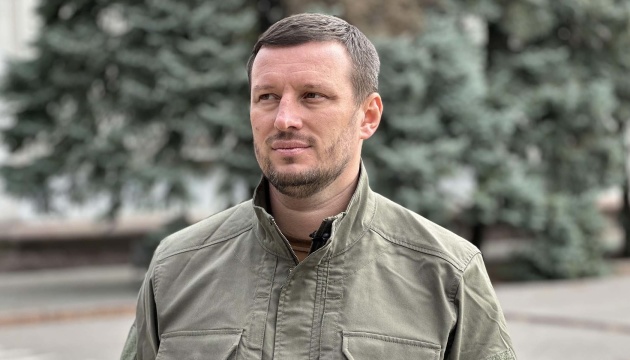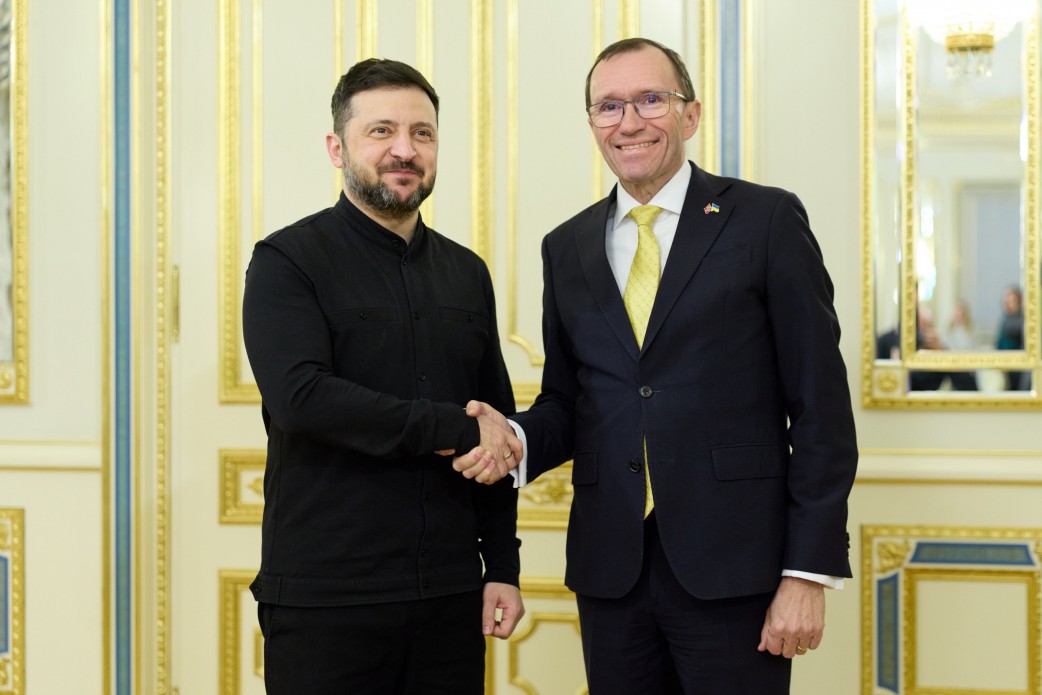Saint Petersburg State University, one of Russia's oldest and most prestigious universities, played a pivotal role in training specialists who became part of Russia's strategy in the Middle East. Graduates of this university had a direct influence on Russia's military and political actions in Syria and used their knowledge to advance the Kremlin's interests in the region, as reported by Newlinesmag.
Since its founding 300 years ago, the university has been a training ground for government service, including intelligence and diplomacy. Graduates have held high-ranking positions, performing tasks related to intelligence work, diplomatic support, and military operations. One of the university's most famous students is Vladimir Putin, who, after studying, became a KGB officer and continued his career in Russian intelligence.

The university placed particular emphasis on preparing specialists in Middle Eastern studies. The region's research combined academic theory with practical skills, including knowledge of local culture, language, and customs. Graduates applied this knowledge in practice in Syria, where Russia strengthened its influence through military operations, economic projects, and cooperation with Bashar al-Assad's government.
However, instead of becoming a place for free discussion and intellectual exploration, the university turned into a tool of state policy. Its graduates often held key roles in Russia's foreign policy, working in embassies, international organizations, and even private military companies. This was often accompanied by a lack of choice, as most graduates faced limited career opportunities outside of government service.
A significant role in Russia's military presence in Syria was played by the "Wagner PMC," whose members were also connected to the university. Specialists educated at the university became translators, analysts, and political experts, contributing to the implementation of Russian interests in the region. However, their activities were accompanied by accusations of war crimes and human rights violations.
Saint Petersburg State University continues to be an important element of the Russian state system, supporting the Kremlin's efforts to strengthen its influence abroad. Its role in the Syrian conflict shows how academic knowledge can be used to promote strategic goals, raising questions about the boundaries of acceptable intervention of science in politics.




















